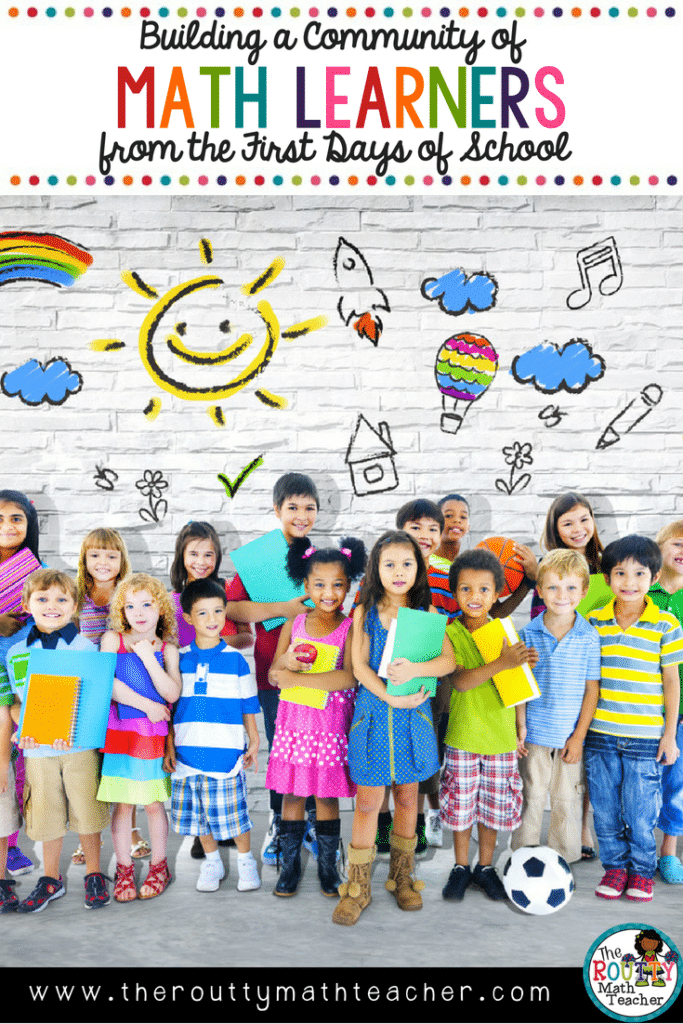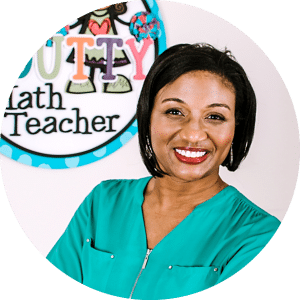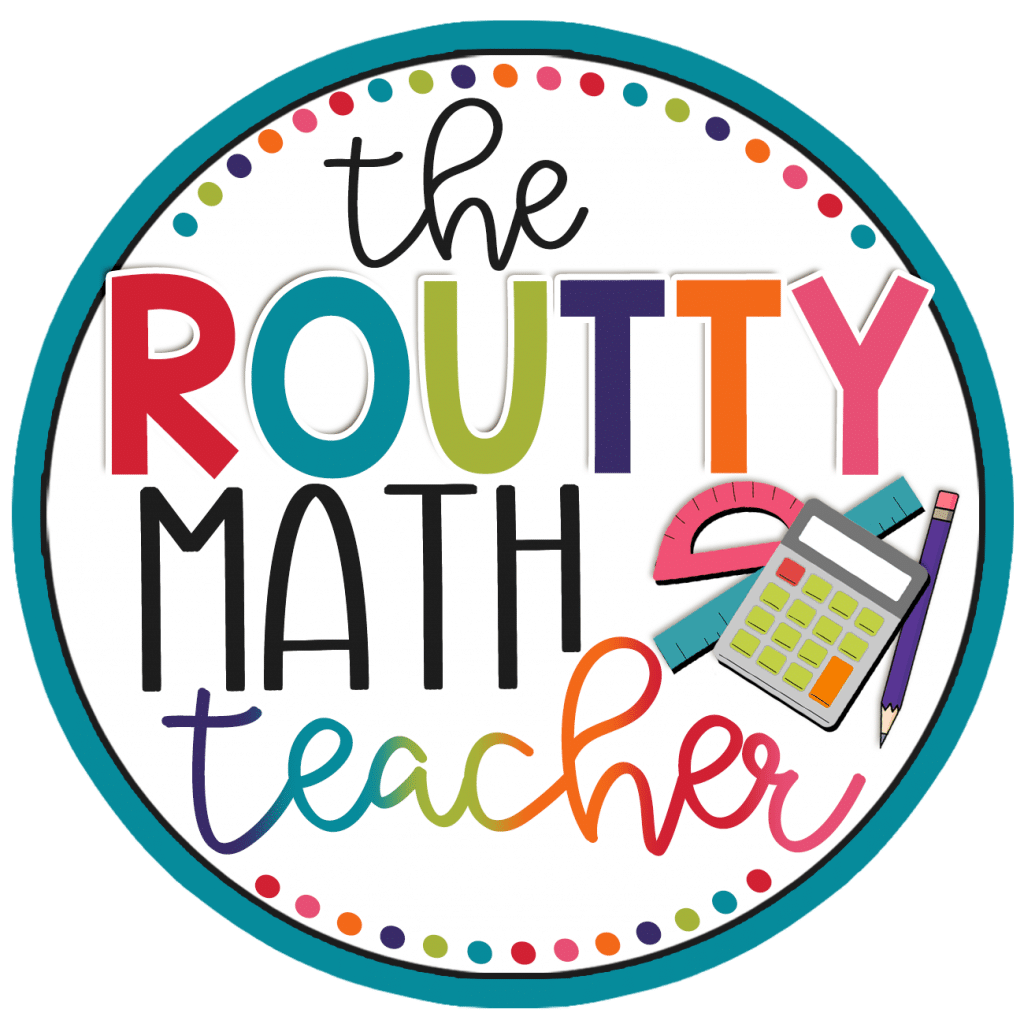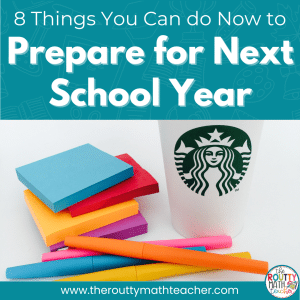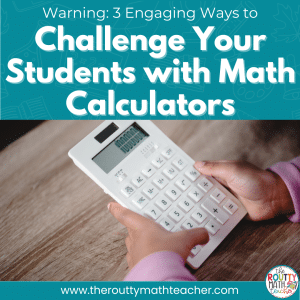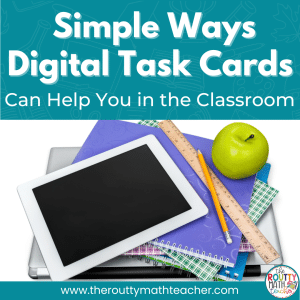
Starting Off on the Right Foot: Building a Community of Math Learners from the First Days of School
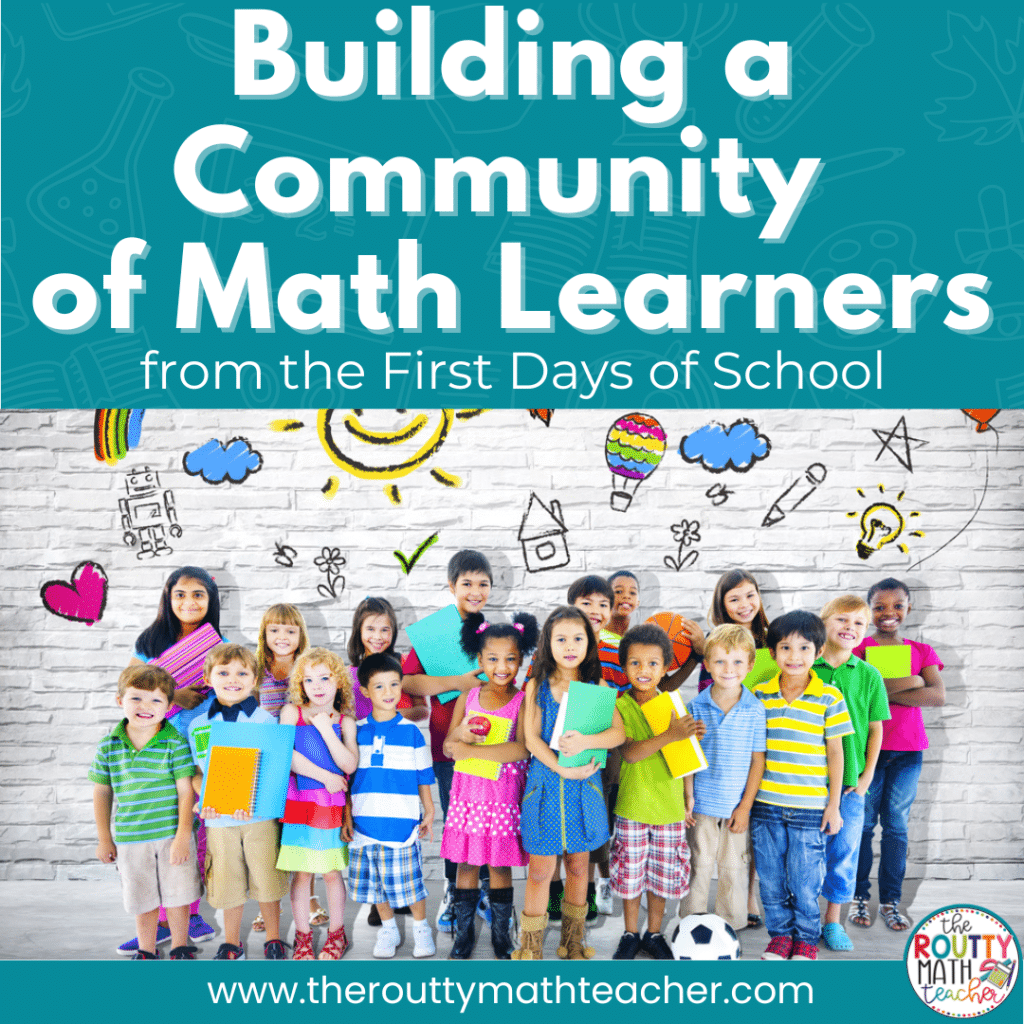
September is an exciting time of the year! It’s the time of year when we welcome a class of new students– a group of students whose future we hold in our hands. Each new year brings the opportunity to do something different, better than we did it before. It’s an opportunity to employ some new learning and create new experiences for our students. With the spirit of new learning in mind, I’d like to share two ideas that will help you begin to create a positive community of math learners who are ready to explore and investigate math the way mathematicians do.
1. Week of Inspirational Math: Jo Boaler, author of Mathematical Mindsets, created a five-day unit of math activities that “invite students into a world of open, creative, and visual mathematics” (www.youcubed.org). Each activity begins with a short video surrounding a mathematical mindset, such as how our brains grow and change, the power of mistakes, believing in ourselves, the unimportance of speed, and the visual beauty of math. After the video, there is a daily challenge activity that highlights the mindsets and helps students view mathematics the way that mathematicians do. The beauty of this series is that students get to experience mathematics in a way that is different from the everyday standards-driven mathematics curriculum they often see. Teachers with whom I have worked who have used the activities describe the experience as an opportunity to get the students thinking about mathematics in a way they never have before and that leaves them wanting more.
2. Norms for Creating a Community of Math Learners: Jo Boaler’s youcubed.com site offers seven positive norms to emphasize with students at the start of the school year. Reviewing the norms with students and emphasizing them throughout the year will help to create a supportive group of learners who believe in themselves and that math is doable. I’ve listed the norms below. You can find more information about each of the norms here. After introducing the norms, record one norm on each of seven small posters. Then assign a small group of students to illustrate a poster for each norm and display the posters around the room to refer back to all year long.
a. Everyone can learn math to the highest levels.
b. Mistakes are valuable
c. Questions are really important.
d. Math is about creativity and making sense.
e. Math is about connections and communicating.
f. Math class is about learning not performing.
h. Depth is more important than speed.
Jo Boaler has many more resources and ideas that are available for teachers to peruse on her website. I encourage you to take the time to find new learning that will allow your students to become powerful mathematicians and will set you off on the right foot to a successful year.
Sound Off! What new learning resonated with you and how will you use it this school year?
Respond in the comments section below.
